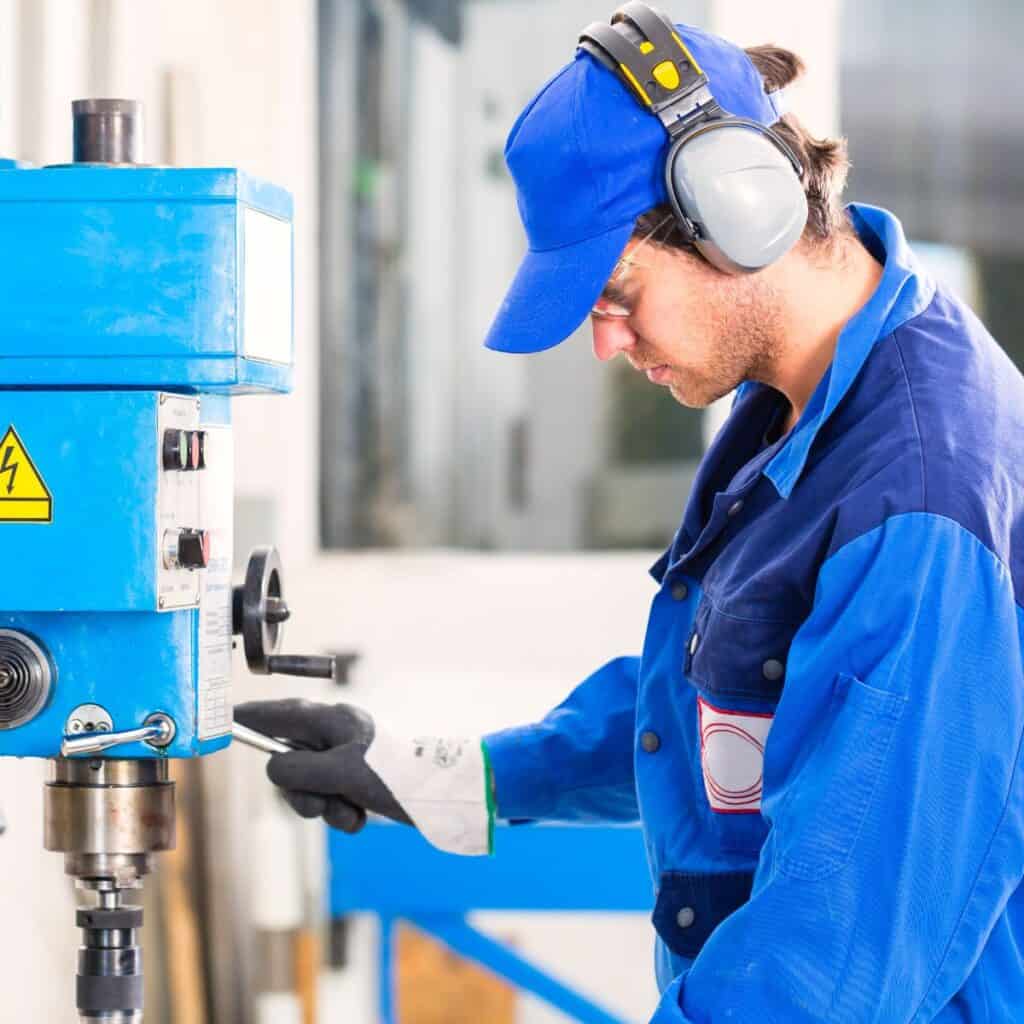05 Jul 2023

Poor standards of proper equipment maintenance, along with the act of cleaning or carry out maintenance on equipment, has caused many serious injuries including fatalities.
In recent years 25-30% of manufacturing fatalities in Great Britain have been as a result of maintenance activities (Source: HSE.gov.uk).
Proper equipment maintenance should be high on companies’ agendas, including using properly trained contractors, thorough training for staff on cleaning procedures.
Strategies such as TBM (Time-based maintenance), routine maintenance tasks carried out on a routine basis, regardless of condition, could be implemented, or PPM (Planned preventative maintenance) based on time or usage, all could be carried out during out of hours if possible. This is to try and prevent failures before they happen.
A Health and Safety Management system comes in handy for this as you can keep an online timely record of maintenance history and attach photos of work carried out. A digital maintenance checklist can also be created.
LOTO (Lockout/tagout) should always be used before any servicing or maintenance is carried out. This stops the equipment from unexpectedly starting up or releasing ‘hazardous energy’, when carrying out work. Maintenance should always be stopped if not being done correctly. Being diligent will reap long-term rewards.
Check out the dos, and don’ts of plant and equipment maintenance here.
Maintenance of work equipment – Work equipment and machinery (hse.gov.uk)
Proper equipment maintenance is a legal requirement. The Provision of and Use of Work Equipment Regulations 1998 (PUWER) requires that:
Proper equipment maintenance does reduce injuries and fatalities, but there are many additional benefits too.
If you require any assistance in this area, please do not hesitate to contact us on 01527 833834 or email info@sentinelsafety.co.uk